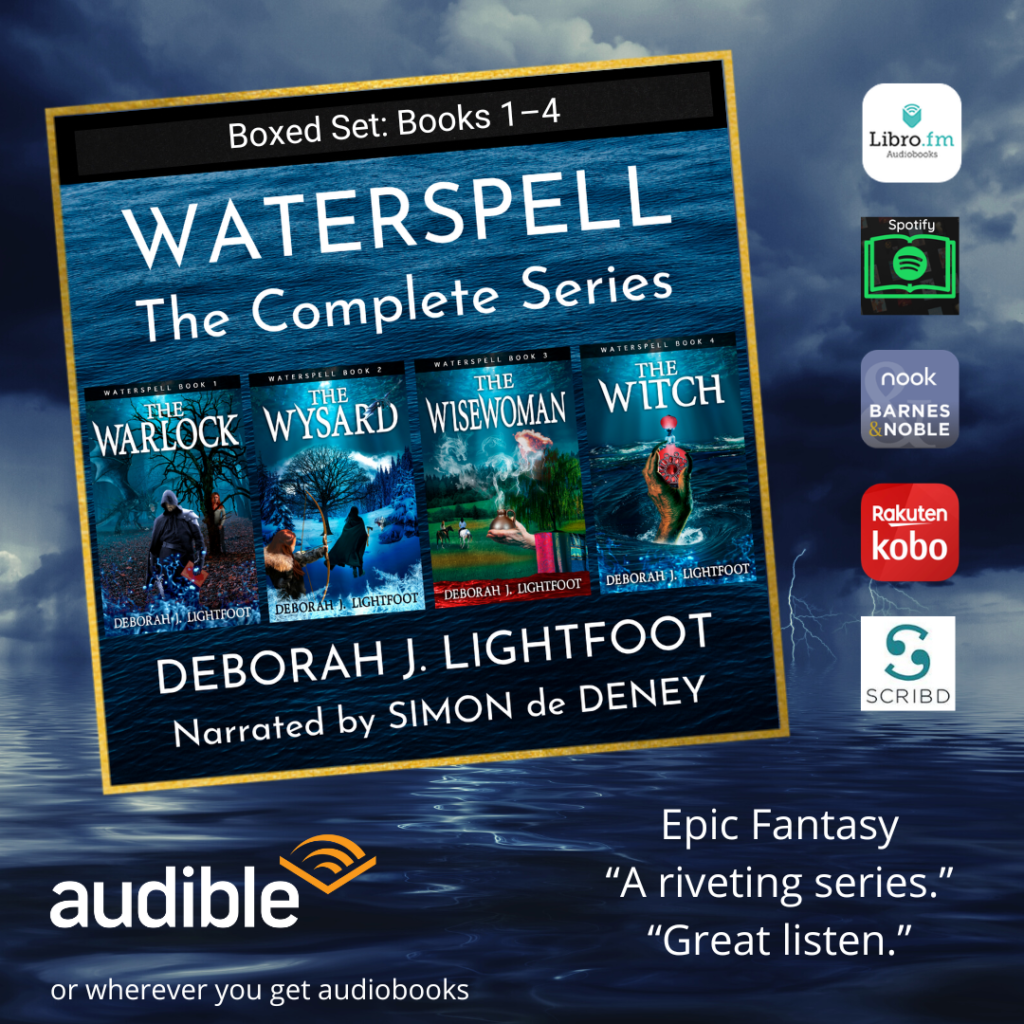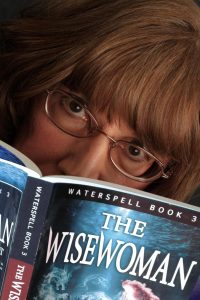Today I received some personal good news that I NEEDED! An evaluation score of 8 from an industry professional at The Black List! ![]()
To explain my thrillment, I must first explain The Black List. It’s a “prominent online platform where screenwriters, playwrights, and novelists connect with film, TV, and publishing industry professionals, allowing writers to host scripts/manuscripts, get feedback from vetted readers, and gain exposure to agents, managers, and producers, originally stemming from an annual survey of best unproduced screenplays and now a major hub for discovering new talent and projects. It helps writers get their work seen by industry insiders, offering services like professional evaluations.”
I requested an evaluation of my latest novel, the not-yet-published ADVERSE REACTIONS, and got a glowing response. “Congratulations on your recent evaluation by our reader,” said the email. “Fewer than 5% of the projects hosted on the site have received an overall score of 8 or above.”
The publishing industry professional who reviewed my book gave it an overall score of 8 (out of 10) and posted this:
Strengths
“This novel is immediately immersive, with an opening scene that sucks readers in with vivid sensory detail and a great sense of suspense. In fact, the sensory detail of the book’s prose is one of its strongest qualities … Adverse Reactions is also thematically rich, as Devin faces constant self-doubt but comes to find empowerment in the unique abilities that have made her an outcast. In some ways, the book feels like an extended metaphor about how mental illness is treated in today’s world and what it means to embrace one’s neurodivergence. There is also compelling thematic commentary on modern psychiatric practices and treatment methods, with the author skillfully exploring the negative consequences of supposedly ‘getting well.’ … This novel has few weaknesses.”
Wow! THAT is the sort of reaction that restores my faith in … well, in myself. I have agonized over this book. I started it in 2005; wrote a rough 24,000 words, then shelved it for 20 years; finally “finished” it in 2026.
Now I wait to see if any publisher or filmmaker shows interest in the book. The Black List is sending my work out for additional evaluations, and if the overall score remains at 8 or above, the book will get featured (top-listed) where more industry pros will see it. I’m not getting my hopes up, but this validation of my writing was a great thing to come home to, on the heels of my grocery run this morning. ![]()
Prospects
The professional reader’s evaluation closed with an analysis of the book’s prospects. I’m both excited and frustrated by the evaluator’s conclusion:
“Adverse Reactions would likely perform quite well among adults and young adults alike. Its accessible style of prose and teenaged protagonist would likely endear it to younger readers, whereas its mature themes and technical accomplishments would likely go a long way with older readers. It would certainly make sense to at least start by marketing the book to pre-existing fans of supernatural/fantasy books, perhaps at special conferences or bookstores that cater to these genres; however, because of the book’s literary merit it could definitely attract readers who would not normally consider themselves ‘genre readers.’ For this reason, it would be important to make sure the book receives coverage from reputable book-related publications and/or prominent figures in the literary community.”
Well, OK. I can certainly market the book to pre-existing fans of supernatural/fantasy books, most especially the loyal readers of my Waterspell series. If I self-publish, I might be able to get it into bookstores and possibly hand-sell it at conventions and the like. But how in the world do I get coverage from reputable book-related publications or prominent figures in the literary community? If I had those kinds of insider connections, I’d be enjoying a great deal more financial success in my writing career. It goes back to who you know, and I don’t know many people. I’m an introvert and a bit of recluse. <sigh>
But all of that aside, I’m absolutely delighted to get an enthusiastic evaluation from a publishing industry professional. I long ago gave up submitting my work to agents and editors, who take forever to respond, if they deign to respond at all. The Black List removes the tedium of old-fashioned manuscript submission. Their roster of professional readers will respond in one week, or within three weeks at the latest. It’s not free, nor especially cheap. Evaluations cost $150. But Guild members (Writers Guild of America or The Authors Guild) get a substantial discount. I’ve belonged to The Authors Guild since 1995, and thus I paid $120 for the pro evaluation. And because it scored an 8, The Black List is giving me two additional reviews for free! That’s a pretty great deal. ![]()






















